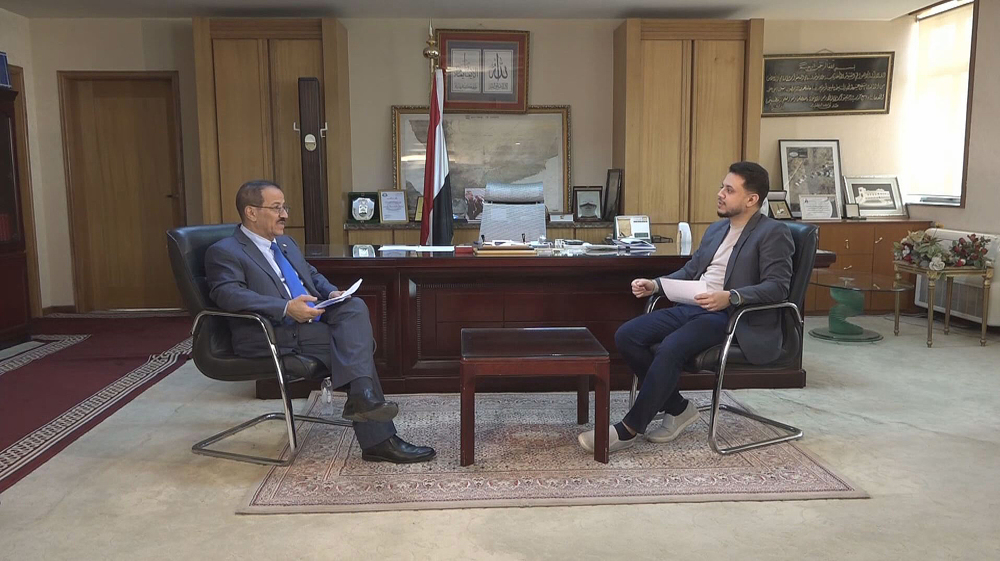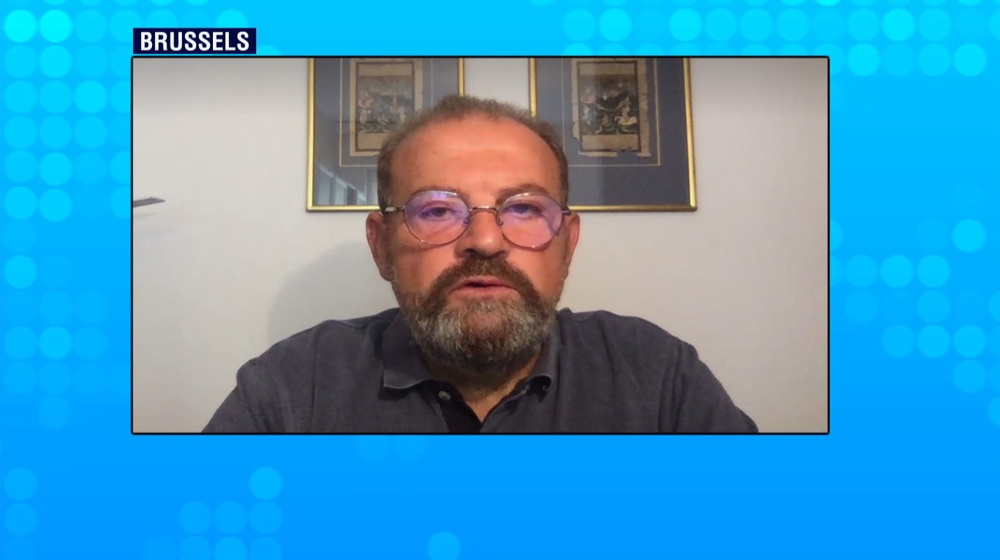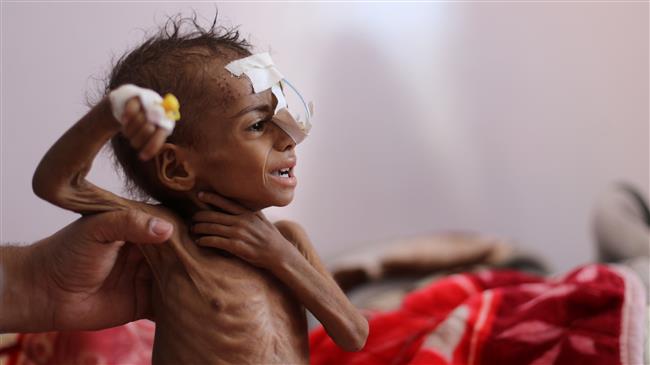Bribery normal part of Saudi policies: Commentator
Press TV has conducted an interview with Ali al-Ahmed, director of the Institute for (Persian) Gulf Affairs from Washington, to get his take on former Yemeni president Ali Abdullah Saleh’s revelation that Saudi Arabia had tried to bribe him.
The following is a rough transcription of the interview.
Press TV: Saleh has made serious allegations against the Saudis. Let’s start with the bribery claim. How surprised were you to hear that Riyadh tried to essentially buy his support, because obviously there have been others who have probably already been brought among former regime officials?
Al-Ahmed: That is the Saudi policy since they paid Ali Abdullah Saleh to participate in the coup that overthrew the (former) president, Ibrahim al-Hamdi, in 1978. So he was probably the largest recipient of Saudi money over these decades. Then when he became useless to the Saudis, they supported his overthrow, yet protected him. Now I think they would try to use the same methodology of buying and paying him money so he can undermine the authority and the force of the Ansarullah movement and other Yemeni political forces who decided that it’s time for them to escape the Saudi hegemonic grip that has really [turned] Yemen into the poorest country in the Middle East.
Press TV: Now, Ali Abduallah Saleh also said that Saudi Arabia is behind all the violence by ISIL Takfiris across the Middle East. Many experts have said this before, but how credible can this accusaion be streight of the mouth of a former Saudi ally?
Al-Ahmed: I think, he is absolutely right. He didn’t say it before, but absolutely the Saudi government and the Qatari government have been the leading forces behind supporting different and several terrorist groups including al-Qaeda and obviously ISIS (ISIL). Now Qatar supports al-Qaeda, al-Nusra line, and Saudi Arabia government supports the ISIS line and that’s why you see them fighting in Syria because Qataris and Saudis do not agree on goals in Syria. They agree on goals in Iraq, that’s why you don’t see Wahhabi-Salafi terrorist groups fighting in Iraq, but they are fighting in Syria. They are not fighting in Yemen, for example, because the Saudi-Qatari goals are similar in that country.
Press TV: And finally, Ali Abdullah Saleh has also predicted that the Saudis will fail in their plots against the Yemeni nation. How much do you agree to this?
Al-Ahmed: I hope he’s right. So far, the Yemenis have proven to be extremely resilient despite the world basically standing against them. They showed great resilience regardless of the bombing and the Western support of this aggression. Obviously, they are humans, so there are limitations. So, I hope they can win this war by their [defiance] and with the support of the people of the region and countries who are independent in their decision that the Yemeni people must build a system that they control not under the hegemony of Saudi Arabia or other countries.
ABN/MKA
US vetoes Palestinian request for full UN membership
Iran sufficed to strike only part of Israel’s military positions: FM to UN chief
IRGC: Israel’s Dimnoa nuclear reactor not among Op. True Promise’s targets
VIDEO | West Asia awakens
'Stop any further Israeli adventurism,' Iran FM tells Security Council
Google fires 28 employees for protesting military deal with Israel
Burkina Faso expels three French diplomats over ‘subversive activities’
Iran slams G7 statement, vows no iota of doubt to respond to aggression









 This makes it easy to access the Press TV website
This makes it easy to access the Press TV website